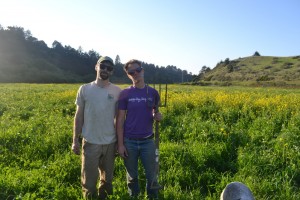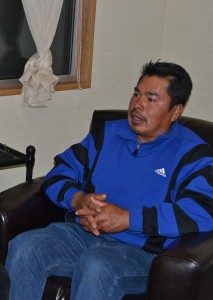Health Fair translators and other help
Puente needs two Spanish-English translators during the community Health Fair on October 19. Puente is also looking for an optometrist willing to donate four hours’ worth of free eye exams; and additional volunteers to help cook healthy food the day before the Health Fair. For details, contact Community Health Coordinator at (650) 879-1691 x 321 or email Molly Wolfes.
Dia de los Muertos: help with set-up
Puente could use a hand setting up the community altar and other preparations for our Dia de los Muertos/Day of the Dead festivities on October 30, from 9-11 a.m. Email Abby Mohaupt for details.
Be a Reading Friend
Help boost literacy by reading with students from kindergarten to 5th grade on Tuesdays and Thursdays from 7:30 to 8:30 pm. Email Abby Mohaupt for details.
Help new drivers learn the rules of the road
This fall, Puente needs several short-term tutors, fluent in Spanish, to mentor adults preparing to take their driver’s license written exam at the DMV. The position involves one or two nights a week, for 4 weeks. To volunteer, contact Community Outreach Coordinator Ben Ranz at (650) 879-1691 x 143 or email Ben Ranz.
Help adults get their GED and become citizens
Every year, Puente helps local adults realize their dream of earning a high school degree; others become American citizens. Be a part of the transformation – sign up to help with tutoring (in Spanish) and citizenship requirements. For more information, email Abby Mohaupt.
Seeking mentors to keep high school kids on track
Puente is committed to supporting our local youth all the way through high school and college. Sometimes by the time anyone realizes a student is struggling, it’s too late. Puente sees 12 mentors who can commit to spending time with a student one day each week, preferably on Wednesday. Mentors will help ensure their mentee is getting good grades, particularly in English and Algebra. College readiness is also a key goal. For more information, email Abby Mohaupt.
For more information on this and ALL volunteer opportunities, call (650) 879-1691 ext 102, email Abby Mohaupt, or fill out a Volunteer Form by clicking here.








